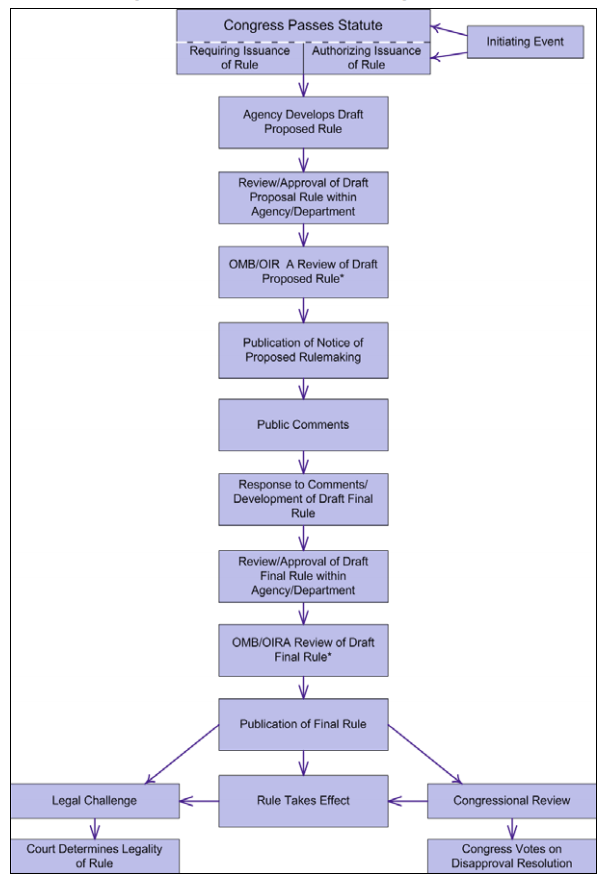If there’s one thing ACE Scholarships has learned from being involved in tax credit scholarship programs, it’s that enactment is just the beginning. Implementation brings its own set of challenges that will need to be addressed. And sometimes those challenges are tough to predict. That’s exactly the case in Kansas, where a new bill has made a minor technical change with big implications for its scholarship program.
2017 – SB 19
The Kansas scholarship program requires that students meet two eligibility requirements. First, that they qualify for free lunch under the National School Lunch Program by having a family income of 130 percent of federal poverty guidelines or lower. And second, by attending an underperforming public school named on a list created by the state.
Under the old law, the list of eligible public schools was determined using criteria for certain federal funding programs. In 2017, however, the Kansas State Legislature passed SB 19, which included a number of changes to the Kansas program. Among these changes was a change to the list of public schools from which scholarship students must come. Under the bill, this list would now consist of the 100 lowest-performing public schools in the state.
That change didn’t draw much attention until it came into effect in July 2018. At which point, it became clear that the new list excluded a large number of elementary schools. The new, elementary-light list of qualifying public schools posed a significant problem for scholarship organizations. Why? Because students become less likely to transfer as they enter middle and high school. As a result, new scholarship students tend to come primarily from early grades. Thus, excluding elementary schools had the effect of decreasing the number of students who could enter the scholarship program.
2019 – SB 16
Enter SB 16, which changes the list of schools to the 100 lowest-performing elementary schools. This legal change actually began life as part of HB 2395, a K-12 school finance bill. During the process of moving HB 2395, legislators in the House stripped the language related to the scholarship program, along with many other provisions, and added them to a separate bill under consideration: SB 16.
SB 16 went on to pass 63-61 in the House and was subsequently sent to conference committee, where small groups of legislators work to iron out differences between versions of a bill passed by the House and the Senate. The House’s changes were ultimately accepted by both chambers, and the governor signed the bill on April 6, 2019.
What now?
The shift to the new list of low-performing elementary schools takes effect as soon as the bill’s contents are officially published into state law. ACE and other scholarship-granting organizations are waiting for the Kansas Department of Education to publish the list so they can begin recruiting new students.
As with all policy changes, SB 16’s modification to the scholarship program aren’t perfect. Yes, scholarship-granting organizations will now have an easier time recruiting new scholarship students. But the comparatively lower numbers of disadvantaged students in bad middle school or high school environments will now have few places to turn for help—they have effectively missed their chance to receive a scholarship.
ACE hopes to revisit the Kansas program in greater depth at some point in the future so more students can receive the benefits of a high-quality education. For now, though, SB 16 is the law of the land.
Recent Articles:


